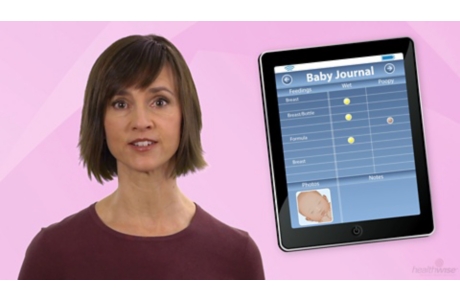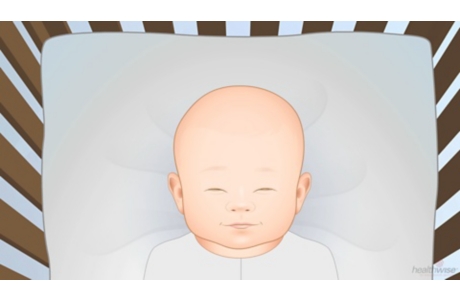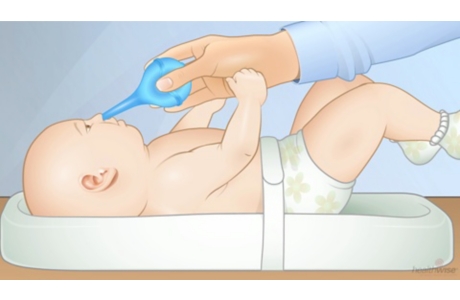Our Services

Learn why NewYork-Presbyterian is top ranked in 14 adult medical specialties and 8 pediatric subspecialties.
Specialties
Our Locations

Get access to exceptional clinical services close to where you live, work, and even on your phone.
Hospital Campus Locations
Doctors' Offices Near You
Digital Health
Patients & Visitors

Find resources to have an exceptional patient or visitor experience.
Tools & Information
Other Resources
Newsletters
Medical Professionals

Explore NYP Advances™ for the latest research, clinical trials, education initiatives, and more.
Search for a doctor, location, condition or treatment…
-
Breadcrumb
- Home
- Health Library
- Overfeeding A Baby
© 2017-2025 Healthwise, Incorporated. This information does not replace the advice of a doctor.





